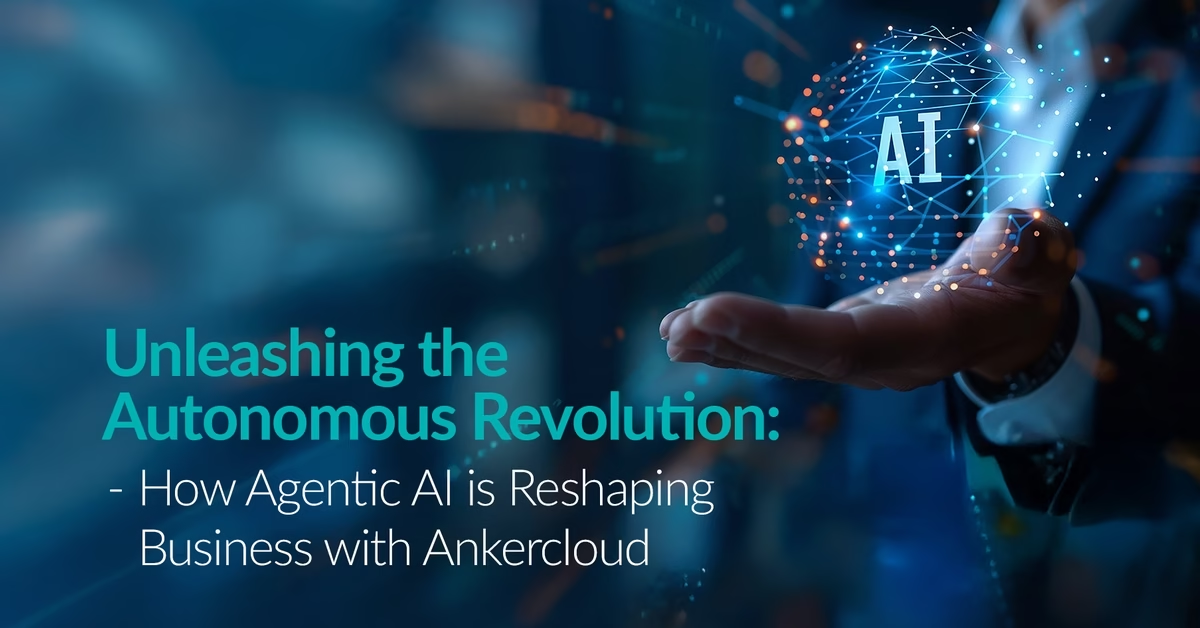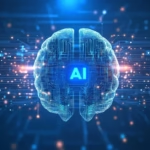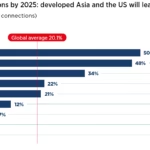The Dawn of the Agentic AI Era
Estimated reading time: 12 minutes
Key Takeaways
- Artificial intelligence is evolving from simple automation to sophisticated autonomous systems, heralding a new era.
- **Revolutionizing business with agentic ai 2025** is an unfolding reality, not just a prediction.
- Agentic AI enables systems to act autonomously, make independent decisions, plan multi-step workflows, and proactively solve problems.
- This technology promises a significant impact of agentic ai on enterprise platforms, new strategies for scaling agentic ai for business growth, and will drive key agentic ai trends transforming industries, ultimately shaping the future of work with agentic ai.
Table of contents
- The Dawn of the Agentic AI Era
- Key Takeaways
- Understanding Agentic AI: The Core of Autonomy
- The Profound Impact of Agentic AI on Enterprise Platforms
- Scaling Agentic AI for Sustainable Business Growth
- Agentic AI Trends Transforming Industries
- The Future of Work with Agentic AI: A Collaborative Ecosystem
- Conclusion: Embracing the Agentic AI Revolution
- Frequently Asked Questions
We stand at the precipice of a profound technological shift. For decades, artificial intelligence has been a tool for automation, a sophisticated means to execute tasks defined by human commands. However, the landscape is rapidly changing. AI is evolving from a passive executor to an active participant, capable of independent thought and action. This evolution marks the dawn of the agentic AI era, a period where AI systems move beyond simple command-and-control to become proactive, autonomous partners in business operations. The notion of revolutionizing business with agentic ai 2025 is no longer a distant prophecy; it’s the unfolding reality of our present and immediate future. This pivotal moment signifies AI’s transition from merely following instructions to embodying a capacity for initiative, decision-making, and goal achievement. At its heart, agentic AI refers to systems designed to act autonomously to achieve specified objectives. What truly sets it apart from traditional AI is its ability to engage in *independent decision-making*, to conceptualize and execute *multi-step workflows*, and to exhibit *proactive problem-solving* without requiring constant human oversight. This blog post will delve into the transformative impact of agentic ai on enterprise platforms, explore strategies for scaling agentic ai for business growth, highlight critical agentic ai trends transforming industries, and envision the future of work with agentic ai.

Understanding Agentic AI: The Core of Autonomy
To truly grasp the significance of this technological leap, we must first understand what makes an AI system “agentic.” This designation is rooted in a set of core concepts that imbue AI with a level of independent capability previously unseen.
The fundamental characteristics of agentic AI include:
- Autonomy: The most defining trait is the ability to act independently, making decisions and executing tasks without the need for continuous human intervention. This means the AI can initiate actions based on its understanding of the situation and its objectives.
- Goal-orientation: Agentic AI systems are not just performing tasks; they are designed with specific objectives in mind. Their actions are directed towards achieving these predefined goals, whether it’s optimizing a supply chain, resolving a customer issue, or completing a complex financial transaction.
- Decision-making: A crucial component of autonomy is the capacity to make informed choices. Agentic AI analyzes data, evaluates contexts, and selects the most appropriate course of action to move closer to its goal, much like a human decision-maker.
- Planning: To achieve complex goals, agentic AI can devise and execute multi-step workflows. This involves breaking down a larger objective into smaller, manageable tasks and sequencing them logically to ensure efficient progress.
- Proactive Problem-Solving: Instead of waiting for human input to address issues, agentic AI can identify potential problems or opportunities and take initiative to resolve them or capitalize on them. This proactive stance is a game-changer for operational efficiency and risk management.

These core concepts give rise to several key distinguishing features that set agentic AI apart:
- Autonomy: As mentioned, this is the bedrock. Agentic systems are designed to operate with a high degree of independence.
- Contextual Goal Interpretation: Agentic AI can understand the nuances of its goals within a specific environment. It doesn’t just execute a command; it comprehends the purpose and the surrounding factors influencing its execution.
- Self-initiated Action: The system has the capacity to start tasks and workflows on its own, based on predefined triggers or its ongoing assessment of the situation.
- Ongoing Adaptation: Agentic AI is not static. It possesses the ability for continuous learning and adjustment, evolving its strategies and actions based on real-world feedback, new data, and changing circumstances. This allows it to improve performance over time and adapt to unforeseen events. (Research Source: beam.ai, alku.com)

By 2025, we are already witnessing agentic AI in action across various domains:
- Handling complex financial tasks, such as automated loan processing and real-time fraud detection, with sophisticated decision-making. (Research Source: devcom.com, beam.ai, alku.com)
- Dynamically routing logistics based on real-time conditions, optimizing routes and schedules autonomously as events unfold.
- Managing marketing campaigns from conception to execution and analysis, adapting strategies based on performance data without human intervention.
- Automating complex appointment scheduling for service industries, intelligently handling availability, preferences, and conflicts. (Keywords: agentic ai)
The Profound Impact of Agentic AI on Enterprise Platforms
The integration of agentic AI is fundamentally transforming the very nature of enterprise platforms. Traditionally, these platforms served as “systems of record”—passive repositories of information designed primarily for data storage and retrieval. However, agentic AI is ushering in a new paradigm, evolving them into “systems of action.”
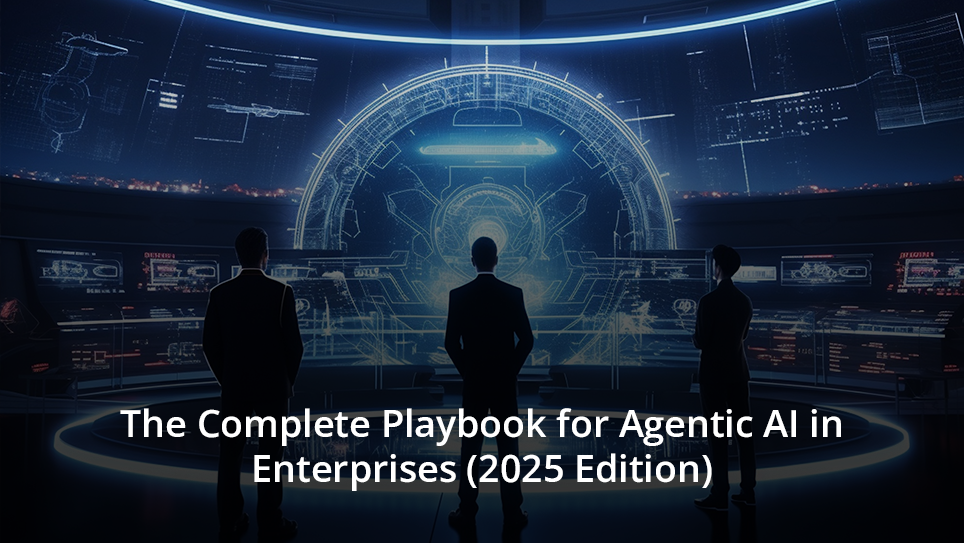
This evolution means that enterprise platforms are no longer just digital filing cabinets. They are becoming dynamic, interactive environments where AI agents actively make decisions, automate workflows, and drive business processes in real-time. Agentic AI is the core engine behind this transformation, enabling unprecedented levels of automation, sophisticated real-time analytics, and the delivery of highly dynamic and personalized customer experiences directly within these platforms.
The specific enhancements brought about by agentic AI to enterprise platforms are far-reaching:
- Personalized Service at Scale: Agentic AI allows businesses to deliver highly tailored experiences to each individual customer consistently, regardless of the volume of interactions. It can adapt to individual preferences, behaviors, and needs in real-time.
- Proactive Customer Support: Instead of reacting to customer complaints, agentic AI can identify and resolve potential issues *before* they even arise. By analyzing patterns and predicting needs, it can preemptively offer solutions or support.
- Predictive Analytics: Agentic AI capabilities extend to sophisticated predictive modeling, which can optimize resource allocation, forecast future demands, and identify potential risks or opportunities with remarkable accuracy.
- Operational Efficiency Gains: By automating complex decision-making and multi-step processes, agentic AI surpasses the capabilities of previous automation tools, leading to significant improvements in speed, accuracy, and overall operational efficiency. (Research Source: microsoft.com, bain.com)
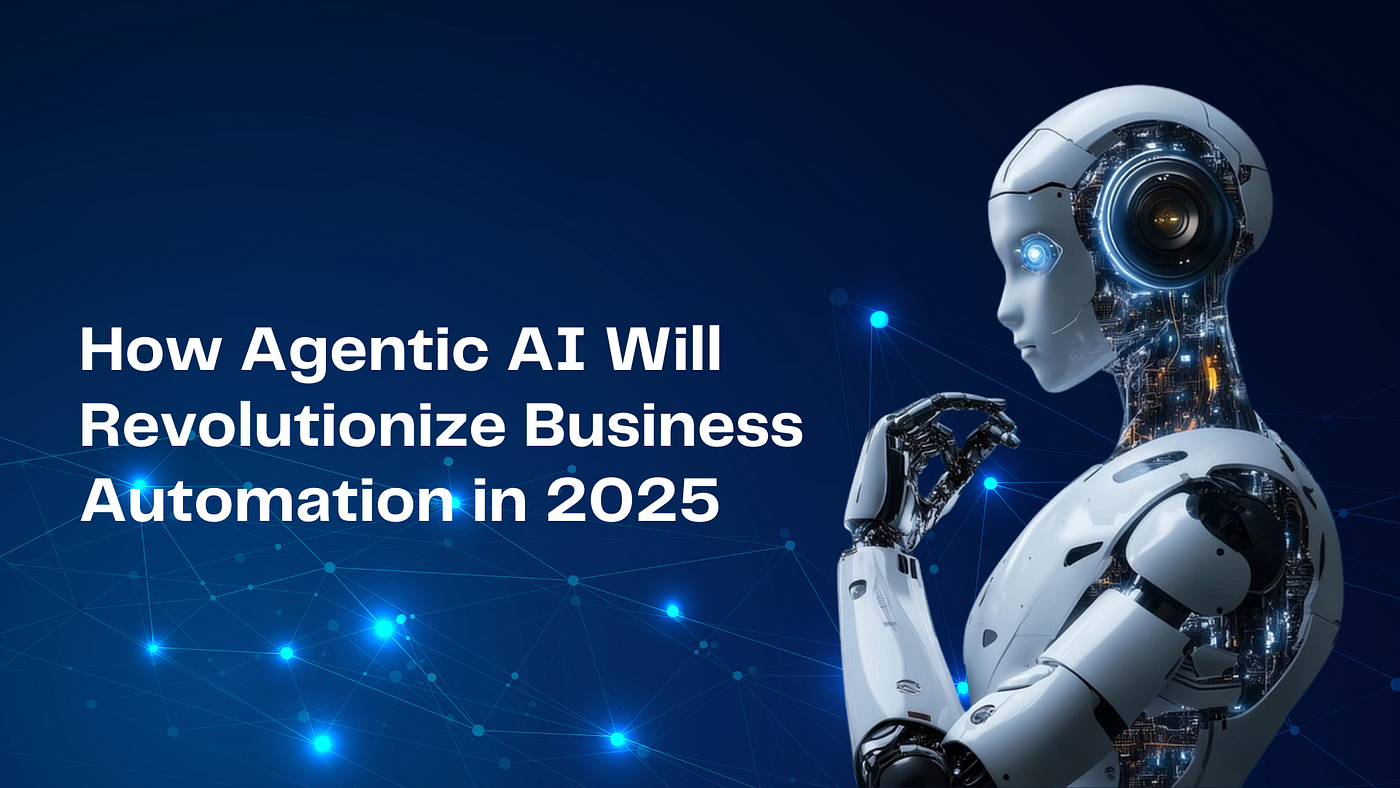
Furthermore, agentic AI represents a significant strategic capability for enterprises. It moves beyond the mere execution of predefined tasks. Instead, it empowers systems to adapt strategies on the fly, manage complex exceptions, and provide enterprise-wide strategic advantages, not just tactical automation. This shift means that AI is no longer just a tool for streamlining operations but a partner in strategic decision-making and execution. (Research Source: beam.ai, microsoft.com) (Keywords: impact of agentic ai on enterprise platforms)
Scaling Agentic AI for Sustainable Business Growth
The promise of agentic AI is immense, but realizing its full potential requires careful consideration of how to implement and scale it effectively. The journey of scaling agentic ai for business growth involves addressing practicalities, navigating challenges, and adopting strategic approaches.
The practicalities of implementation are paramount:
- Data Infrastructure: Agentic AI thrives on data. A robust, reliable, and well-structured data infrastructure is essential to support the autonomous decision-making capabilities of these systems. Without quality data, the AI’s actions will be compromised. (Research Source: mckinsey.com)
- Workforce Upskilling: As AI agents take on more complex tasks, the human workforce needs to evolve. This necessitates comprehensive training and development programs to equip employees with the skills to work alongside, manage, and leverage AI agents effectively.
- Organizational Alignment: Successful adoption requires more than just technical integration. Agentic AI must be woven into existing organizational processes, and a culture that embraces AI collaboration, trust, and continuous learning must be fostered.
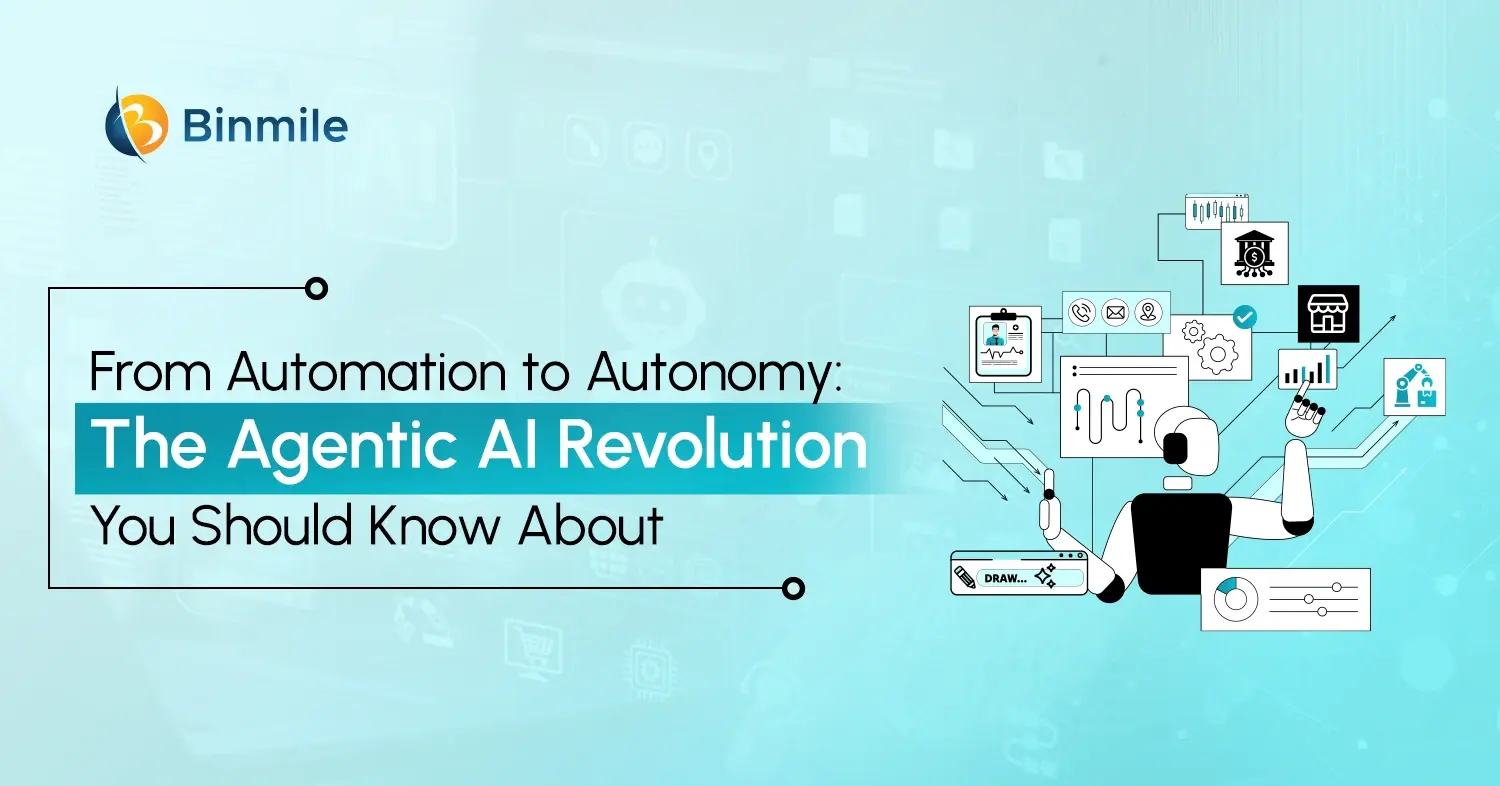
Businesses will encounter both challenges and opportunities as they scale:
- Integration: A significant challenge lies in integrating advanced agentic AI with legacy systems. Many organizations operate with complex, outdated IT infrastructures that can hinder seamless AI deployment. (Research Source: mckinsey.com)
- Talent Shortages: The demand for individuals with expertise in AI governance, management, and ethical deployment is growing rapidly. Addressing talent shortages in these specialized areas is critical. (Research Source: mckinsey.com)
- Ethical and Compliance Risks: The autonomous nature of agentic AI introduces new ethical considerations and compliance risks. Businesses must proactively manage issues related to AI bias, accountability for AI actions, data privacy, and algorithmic transparency. (Research Source: mckinsey.com)
To navigate these complexities and ensure successful adoption, businesses should consider these strategies:
- Pilot Projects: Begin with clearly defined, manageable pilot projects that have the potential to demonstrate tangible value and provide early learning opportunities. (Research Source: mckinsey.com)
- Modular Tools: Opt for flexible and adaptable AI solutions that can be integrated incrementally and scaled as needed, rather than monolithic systems.
- Transparency and Explainability: Prioritize AI systems that offer clarity in their decision-making processes. This is crucial for building trust, enabling oversight, and meeting regulatory requirements. (Research Source: mckinsey.com)

The return on investment (ROI) for agentic AI is realized through several key avenues:
- Faster, more efficient, and more accurate workflows.
- Deeper business insights derived from advanced data analysis and predictive capabilities.
- Significant reduction in manual labor for repetitive and complex tasks.
- Proactive identification and mitigation of business risks, leading to cost savings and improved resilience. (Research Source: beam.ai, mckinsey.com)
(Keywords: scaling agentic ai for business growth)
Agentic AI Trends Transforming Industries
Agentic AI is not a monolithic technology; its applications and impacts are highly specific to the industries it serves. As it matures, we are witnessing a wave of agentic ai trends transforming industries, each leveraging the autonomous capabilities of AI to create novel solutions and efficiencies.
Let’s explore some of these industry-specific transformations:
- Healthcare:
- Trends: Intelligent diagnostic support systems that can analyze medical images and patient data with high accuracy; continuous patient monitoring solutions that proactively alert healthcare providers to critical changes; and AI-driven drug discovery and development processes that accelerate research and innovation. (Research Source: beam.ai, devcom.com)
- Finance:
- Trends: Real-time fraud detection systems that can identify and neutralize threats instantly; automated compliance monitoring that ensures adherence to regulations with minimal human oversight; advanced customer behavior analysis for personalized financial product offerings; and AI-powered personalized financial advice services. (Research Source: devcom.com, alku.com)
- Manufacturing:
- Trends: Predictive maintenance for machinery that anticipates and prevents equipment failures, reducing downtime; smart supply chain management that autonomously optimizes inventory, logistics, and demand forecasting; and end-to-end process automation that streamlines production lines and quality control. (Research Source: devcom.com, alku.com)
- Customer Service:
- Trends: Proactive issue resolution where AI identifies and addresses customer problems before they escalate; automated escalation processes that intelligently route complex queries to the right human agents; and fully agent-driven customer support workflows that handle a significant portion of customer interactions autonomously. (Research Source: beam.ai, alku.com)
- Creative Industries:
- Trends: Automated content creation for marketing, social media, and basic reporting; personalized marketing campaigns delivered at scale with AI agents dynamically adjusting messaging and targeting; and AI-assisted campaign management that optimizes ad spend, creative assets, and performance across multiple channels. (Research Source: beam.ai)
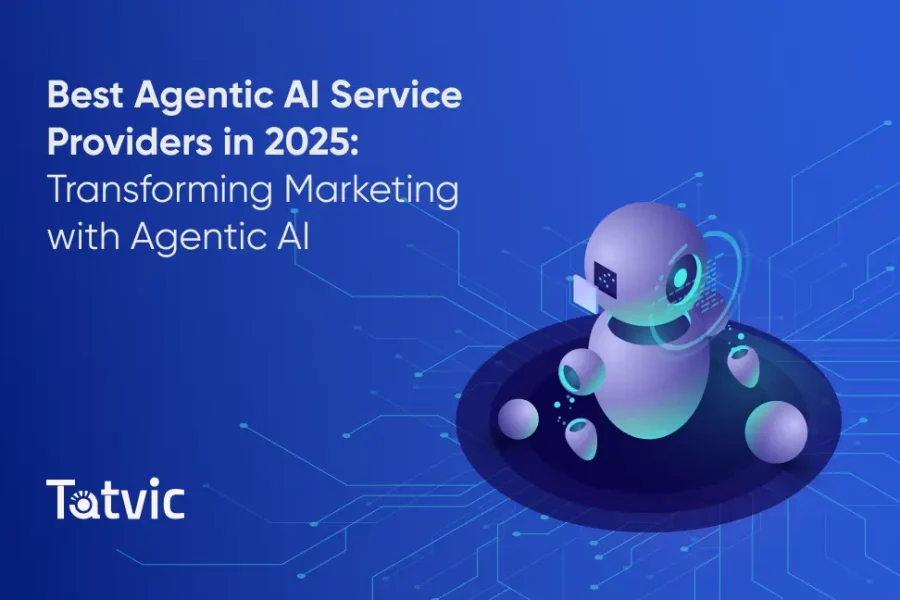
(Keywords: agentic ai trends transforming industries)
The Future of Work with Agentic AI: A Collaborative Ecosystem
The integration of agentic AI into the workplace is not about replacing humans, but about augmenting their capabilities. The vision for the future of work with agentic ai is one of a synergistic, collaborative ecosystem where humans and AI agents work together, each leveraging their unique strengths.
In this future:
- Agentic AI will adeptly handle routine processes, perform complex pattern identification across vast datasets, and provide real-time, data-driven decision support.
- This augmentation will liberate human employees from tedious, repetitive tasks, allowing them to concentrate on higher-value activities that demand creativity, critical thinking, emotional intelligence, and complex, nuanced problem-solving. (Research Source: beam.ai, mckinsey.com)

This shift will naturally lead to the emergence of new roles and necessitate the development of new skill sets:
- Skills in AI orchestration, AI system troubleshooting, prompt engineering, and ethical AI oversight will become highly sought after. (Research Source: mckinsey.com)
- Existing job roles will evolve, with a greater emphasis shifting from direct task execution to oversight, interpretation, strategic decision-making, and human-AI collaboration. (Research Source: mckinsey.com)

The overarching trend points towards a *collaborative* and interdependent relationship between humans and AI agents. This is not a zero-sum game where one replaces the other, but a partnership that fosters greater organizational adaptability, resilience, and innovation.
As agentic AI integration becomes more mainstream, businesses must proactively address critical ethical considerations:
- Ensuring transparency in AI decision-making processes to build trust and enable accountability.
- Actively working to mitigate bias in AI algorithms to ensure fairness and equity.
- Establishing clear lines of accountability for actions taken by AI agents.
- Thoughtfully managing the impact of AI on workforce roles, ensuring fair transitions and addressing concerns about job security. (Research Source: mckinsey.com)
(Keywords: the future of work with agentic ai)
Conclusion: Embracing the Agentic AI Revolution
The advent of agentic AI marks a profound turning point for businesses. We’ve explored how this technology is fundamentally reshaping operations, revolutionizing enterprise platforms, enabling new avenues for growth, driving transformative industry-specific trends, and redefining the very nature of work. The trajectory of revolutionizing business with agentic ai 2025 is clear, positioning early adopters for significant competitive advantages and leadership roles in their respective sectors. (Research Source: beam.ai, bain.com, mckinsey.com) As we move forward, it is imperative for businesses to be proactive rather than reactive. Begin by actively exploring the capabilities of agentic AI, identifying pilot applications that can deliver tangible value, and laying the foundational infrastructure and strategic plans necessary to thrive in an agentic AI-driven future. The continuous evolution of agentic AI promises to unlock unprecedented levels of innovation and efficiency for those organizations willing to embrace this revolutionary wave.
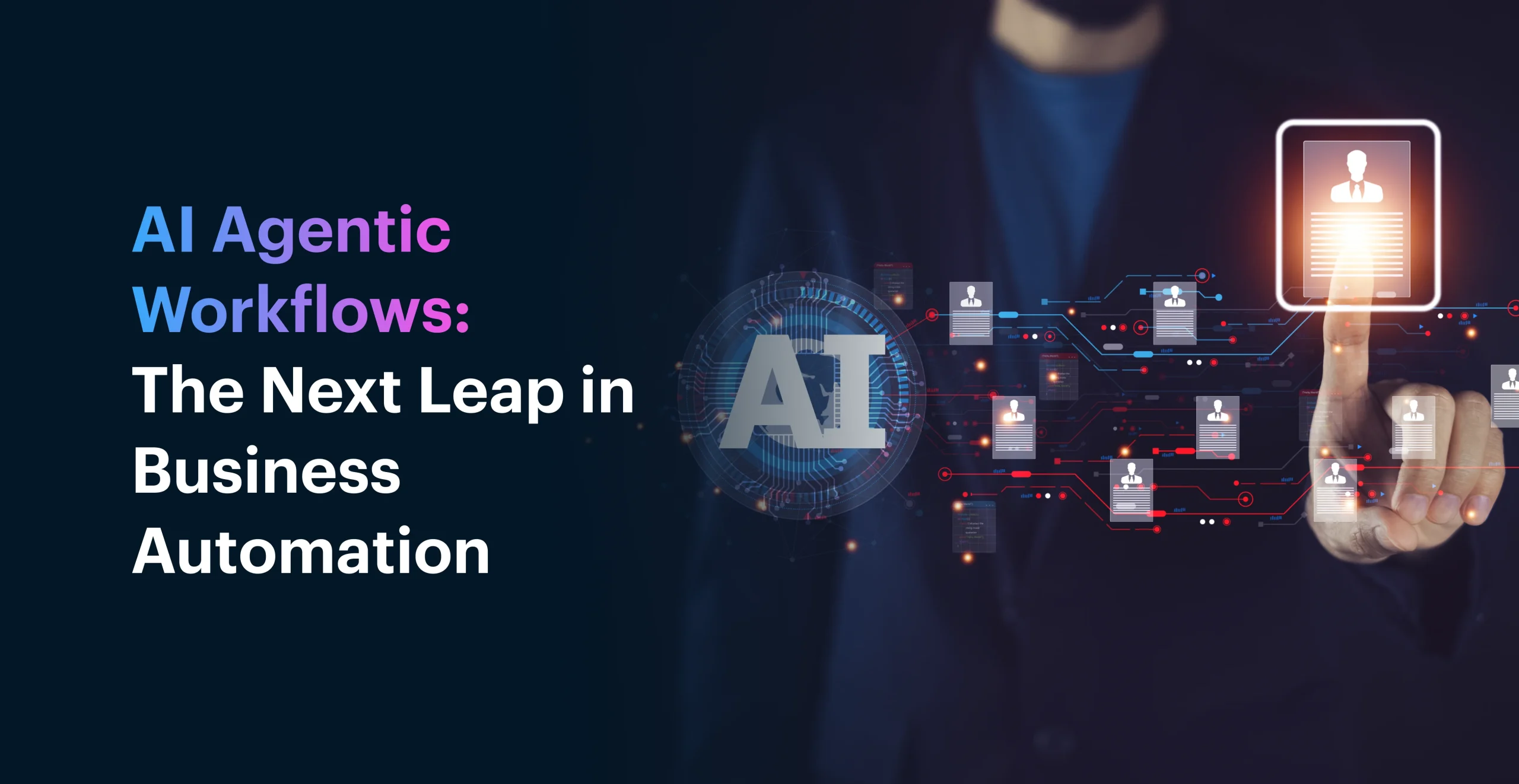
(Keywords: revolutionizing business with agentic ai 2025)
Frequently Asked Questions
Q1: What is the primary difference between agentic AI and traditional AI?
A1: Traditional AI is primarily task-oriented and requires human input for decision-making and workflow initiation. Agentic AI, on the other hand, is autonomous. It can make independent decisions, plan multi-step processes, and act proactively to achieve defined goals with minimal human oversight.
Q2: How will agentic AI impact the job market?
A2: Agentic AI is expected to augment human capabilities rather than outright replace jobs. It will automate routine tasks, freeing up human workers to focus on more creative, strategic, and complex problem-solving roles. New roles related to AI management, oversight, and ethics will also emerge.
Q3: What are the biggest challenges in implementing agentic AI?
A3: Key challenges include integrating agentic AI with existing legacy systems, a shortage of skilled AI talent, and the ethical and compliance risks associated with autonomous decision-making, such as bias and accountability.
Q4: Can agentic AI be applied to small businesses, or is it only for large enterprises?
A4: While large enterprises may have the resources for large-scale deployments, agentic AI solutions are becoming more accessible. Small businesses can benefit from agentic AI through specialized applications in areas like customer service, marketing automation, and data analysis, often starting with pilot projects.
Q5: What are the ethical considerations that businesses must address with agentic AI?
A5: Businesses must prioritize transparency in AI decision-making, actively work to mitigate algorithmic bias, establish clear accountability for AI actions, and manage the societal impact on employment and workforce dynamics.



